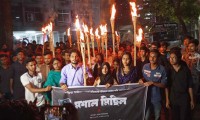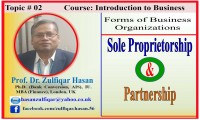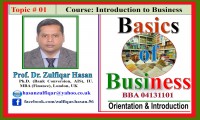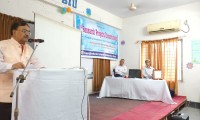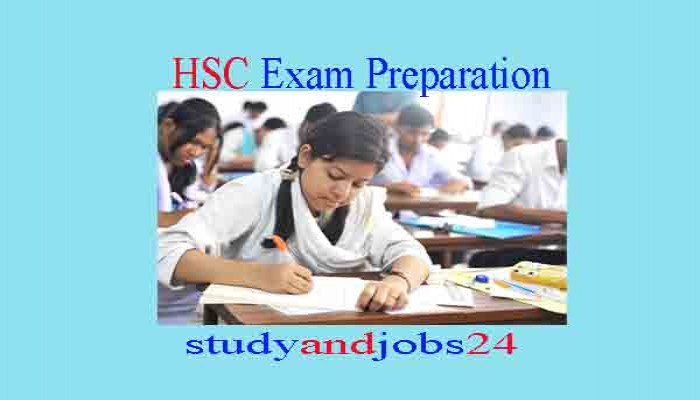
Read the following text and fill in the blanks with suitable word from the box. There are more words than needed. Make any grammatical change if necessary.
Exercise-9
prestige/ huge/ education/ indicate/ invention/ instituted/ certificate/ division/ treated/ material promote/ fame/ contribute/ research.
Every year the Nobel Prize is awarded for outstanding (a)-----to the fields of science, literature, economics and for the (b)-----of peace. It is the world's most (c)-----prize. If there are more than one recipient, the prize money is (d)-----equally among the winners. The prize was (e)-----by Sir Alfred Nobel, the father of the science of destruction. He (f)-----dynamite. Though Nobel was born in Sweden, he was (g)-----in Russia. For this important invention, he became (h)-----all over the world. He earned a (i)-----sum of money. The prize is given from the interest of the money. The winners of the Nobel Prize are (j)-----with great respect across the globe.
Answer: (a) contributions (b) promition (c) prestigious (d) divided (e) instituted (f) invented (g) educated (h) famous (i) huge (j) treated
Exercise-10
mail/ operation/ nature/ between/ computer/ distribute/ know/ individual/ base/ electronic terminal/ different/ communication/ number.
Electronic mail, popularly (a)-----as 'e-mail', is the communication of textual messages via (b)-----means. Although telex (c)-----is also electronic in (d)-----, there are differences (e)-----a telex and 'e-mail'. While telex communication is (f)-----to terminal, electronic mail communication is user to user via the (g)-----. In telex, messages destined to a number of users are sent to the same terminal from where it is (h)-----in a printed form by an operator. On the other hand, e-mail is delivered to (i)-----electronic mail boxes (j)-----in computers.
Answer: (a) known (b) electronic (c) communication (d) nature (e) between (f) terminal (g) computer (h) distributed (i) individual (j) based
Exercise-11
present/ even/ Television/ common/ BTV/ source/ interest/ educative/ numerous/ distance/ middle/ example/ class/ today.
Television has become the most (a)-----and most wide spread (b)-----of entertainment of the (c)-----world. A wide range of programmes of varied (d)-----is telecast on (e)-----channels. Almost every middle class and (f)-----working class families have a (g)-----set today. Television Programmes are not only entertaining; they can be highly (h)-----too. For example, television is used for (i)----- learning. Courses run by the Open University are shown on (j)-----by them.
Answer: (a) common (b) source (c) present (d) interest (e) numerous (f) even (g) television (h) educative (i) distance (j) BTV
Exercise-12
discuss/ go/ happy/ gossip/ cook/ neighbour/ experience/ use/ bother/ visit/ pass/ activities/ chores/ trouble.
Mrs. Zaman is a house wife. She loves (a)-----. She lives in an apartment block. There are seven more families in the building. She has an (b)-----cook. So she does not have to do any household (c)-----. Almost everyday around eleven O'clock she (d)-----to visit one of her (e)-----in the apartments mostly to gossip. Most of the housewives she (f)-----do not have much domestic help and they (g)-----this time to cook, clean or do other household (h)-----. But Mrs. Zaman does not seem to be (i)-----. She does not mind (j)-----the personal matters of one family with another.
Answer: (a) gossiping (b) experienced (c) chores (d) goes (e) neighbours (f) visits (g) pass (h) activities (i) bothered (j) discussing

